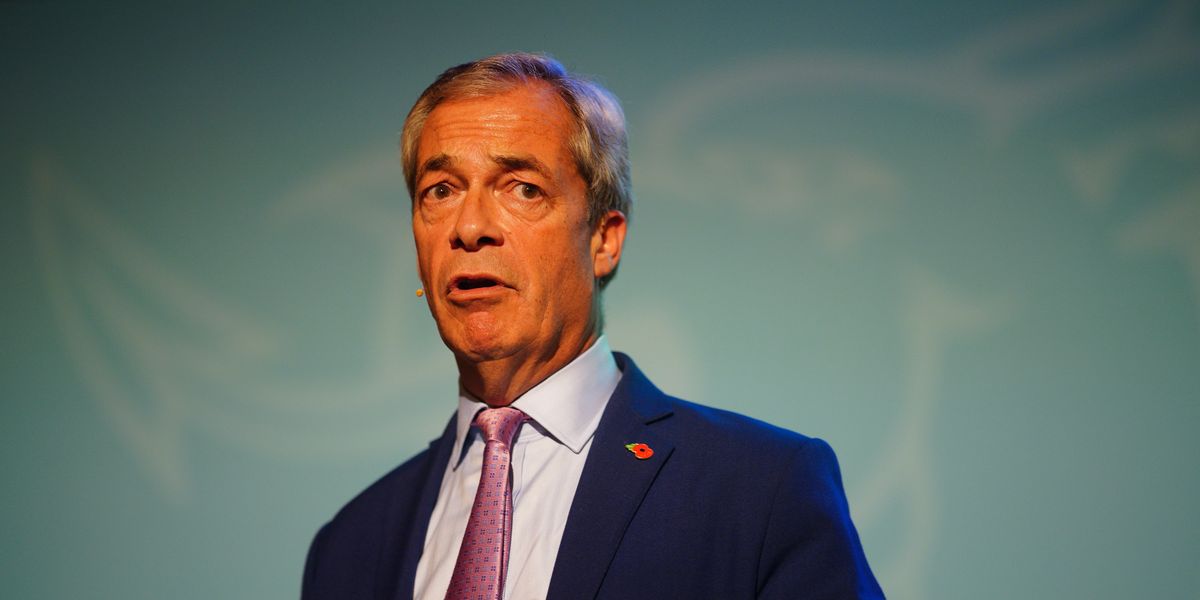One of President-elect Donald Trump’s first priorities when he takes office in January will be to renew his so-called “maximum pressure” campaign against Iran by backing Israeli strikes against the Islamic Republic while imposing sanctions on Tehran’s oil exports, experts predict.
Trump, 78, plans to “isolate Iran diplomatically and weaken them economically so they can’t fund all of the violence” done by its proxies such as Hamas, Hezbollah, and the Yemen-based Houthis, former US Special Representative for Iran Brian Hook told CNN Thursday.
“It’s going to be maximum pressure 2.0,” Robert McNally, a former US energy official, agreed in a conversation with the Wall Street Journal.
One of the ways Trump may seek to squeeze Tehran is by encouraging an Israeli strike on Iran’s nuclear and energy facilities, said Helima Croft, chief commodities strategist at Canadian broker RBC Capital Markets.
The move would be a departure from the Biden administration, which received reassurance from Israel before its Oct. 26 strikes on Iran that it would avoid nuclear sites or energy infrastructure, the Journal noted.
People briefed on Trump’s transition plan also told the outlet that the 47th president’s administration will work quickly to stifle Iran’s petroleum income by recreating the strategy adopted during his first term.
“I think you are going to see the sanctions go back on, you are going to see much more, both diplomatically and financially, they are trying to isolate Iran,” a former Trump White House official said.
“I think the perception is that Iran is definitely in a position of weakness right now, and now is an opportunity to exploit that weakness.”
In 2019, Trump introduced a full embargo on Iran’s crude oil exports, which caused its shipments to plummet to 250,000 barrels a day by early 2020.
But Iran’s oil exports reached a six-year high in September this year, after the Harris-Biden administration tried a softer approach.
Once he takes office, Trump could impose US bans on Chinese ports that receive Iranian oil on top of sanctions targeting Iraqi officials who fund Tehran-backed militias, McNally predicted.
These strategies could be enough to cut at least 500,000 barrels a day in oil purchases, mainly by China, he said.
Going forward, however, Trump would also face pressure to curb Iranian oil sales while avoiding the risk of oil prices spiking and contributing to inflation.
“The situation may become catastrophic for Iran’s oil industry,” an Iranian official told the Journal of Trump’s purported plans.
China is already buying Iranian crude oil at a discount as Beijing grapples with a natural-gas shortage, he explained.
Tehran, however, could respond to US restrictions by growing its relationship with the Eurasia-focused Shanghai Cooperation Organisation (SCO), as well as stepping up its nuclear program.
Iranian President Masoud Pezeshkian claimed on Wednesday that the US election would not affect his country.
“To us, it does not matter at all who has won the American election, because our country and system relies on its inner strength,” he was quoted by the state news agency IRNA.
Trump’s campaign against Iran will likely be informed by the knowledge that its agents have repeatedly tried to assassinate him since leaving office.
“People tend to take that stuff personally,” Mick Mulroy, a top Pentagon official focusing on the Middle east in Trump’s first term, told the Wall Street Journal.
“If he’s going to be hawkish on any particular country, designated major adversaries, it’s Iran.”

 By New York Post (World News) | Created at 2024-11-08 17:45:07 | Updated at 2024-11-08 20:00:36
2 hours ago
By New York Post (World News) | Created at 2024-11-08 17:45:07 | Updated at 2024-11-08 20:00:36
2 hours ago








